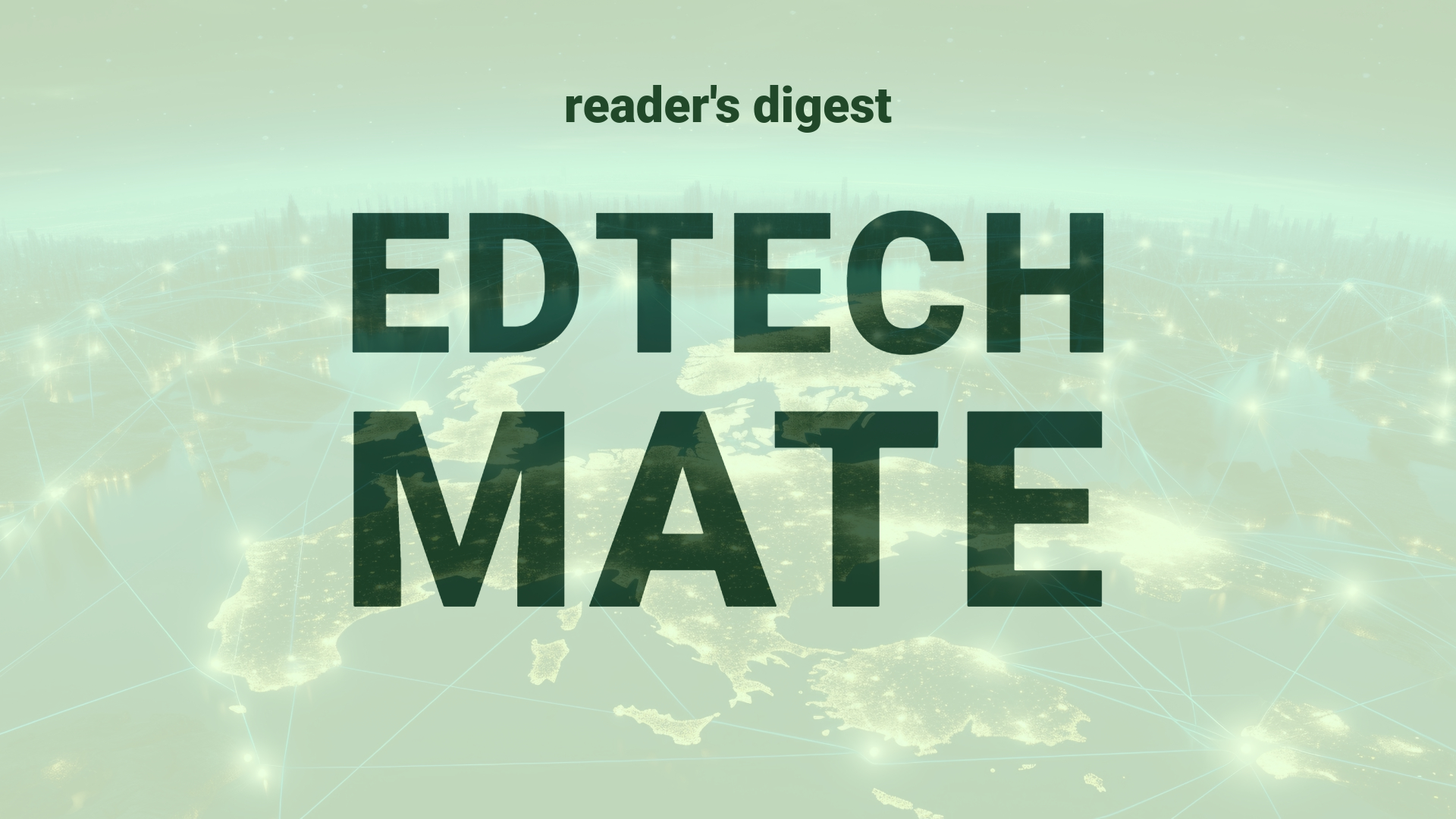“`html
Executive Summary and Main Points
The recent formation of Meta’s new tech and AI advisory group composed solely of white male entrepreneurs has sparked criticism due to a noticeable lack of diversity from Alyssa Lefaivre Škopac of the Responsible AI Institute. The panel’s uniform demographic raises concerns about potential biases and blind spots in developing AI systems and technology products. Gartner’s research emphasizes the importance of diversity to avoid unintentional biases in AI, highlighting the need for inclusive and equitable AI development.
Potential Impact in the Education Sector
The homogeneity of Meta’s advisory panel indicates a larger issue that could influence Further Education, Higher Education, and Micro-credentials by underscoring the need for diverse perspectives in AI and tech strategy. This example serves as a cautionary tale for higher education institutions to prioritize diversity in their strategic partnerships and digitization efforts, ensuring that biases are minimized and that digital tools reflect a broad spectrum of user experiences and cultural contexts.
Potential Applicability in the Education Sector
AI and digital tools, when calibrated with diverse inputs, could revolutionize global education systems by fostering inclusive learning environments and personalized educational experiences. By integrating frameworks like AI TRiSM, education institutions could enhance AI deployment, avoiding biases and aligning with DEI goals. Thoughtful training and diverse team compositions are vital for ensuring that AI systems serve all student demographics equitably.
Criticism and Potential Shortfalls
Critics argue that the lack of diversity in high-impact advisory groups leads to risks of perpetuating systemic biases in AI, which could have broad implications across industries, including education. Comparative international case studies demonstrate the importance of diversity for effective AI governance. Without varied perspectives, especially in global education, AI systems risk embedding cultural biases and not aligning with ethical frameworks designed to serve diverse populations.
Actionable Recommendations
To leverage technologies effectively in international education, leaders should form advisory groups that reflect diverse experiences, including those from different socio-cultural backgrounds and disciplines. Implementing comprehensive AI training and adopting responsible AI frameworks can help ensure that the development and application of AI tools in education contribute positively to diversity, equity, and inclusion initiatives. Strategic insights should guide the formation of decision-making bodies with the authority to impact responsible AI practices from a global perspective.
“`
Source article: https://www.cio.com/article/2126690/dei-mia-in-new-meta-ai-advisory-group.html

